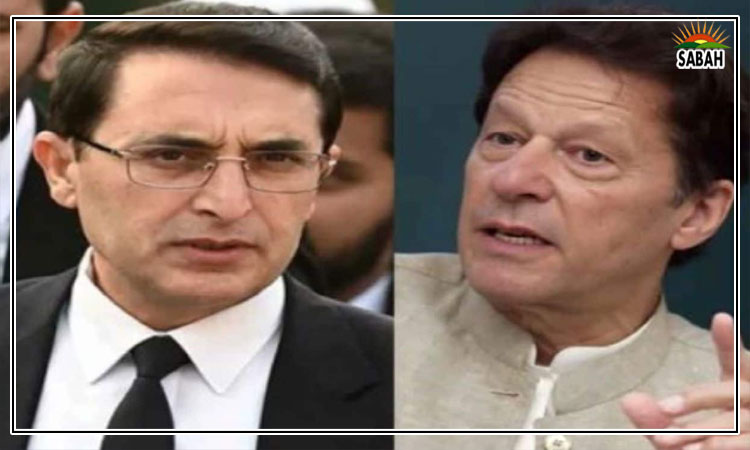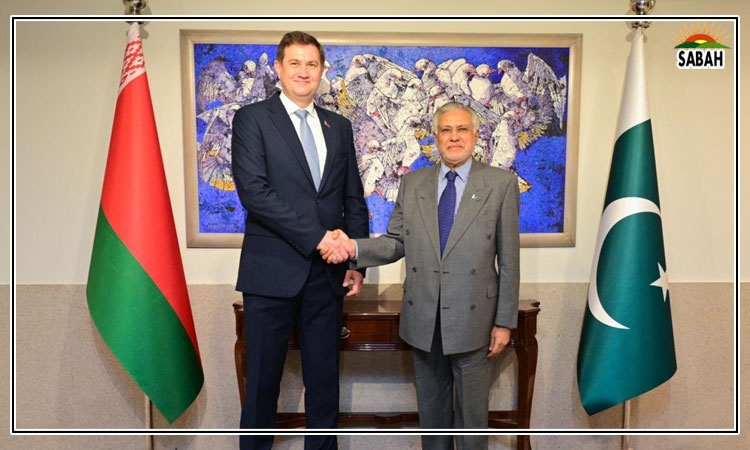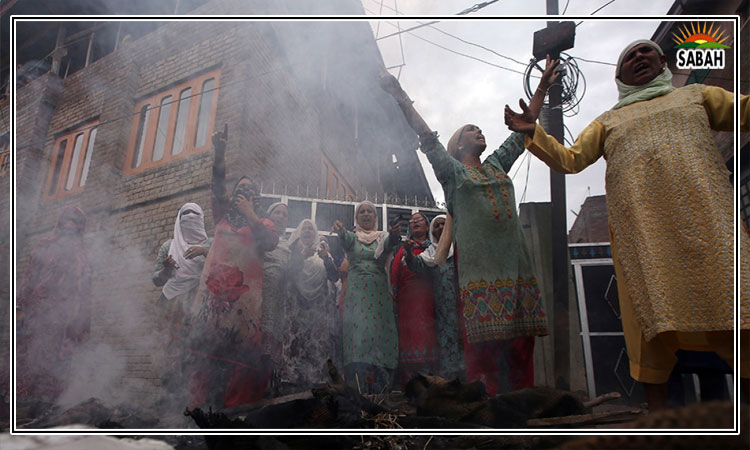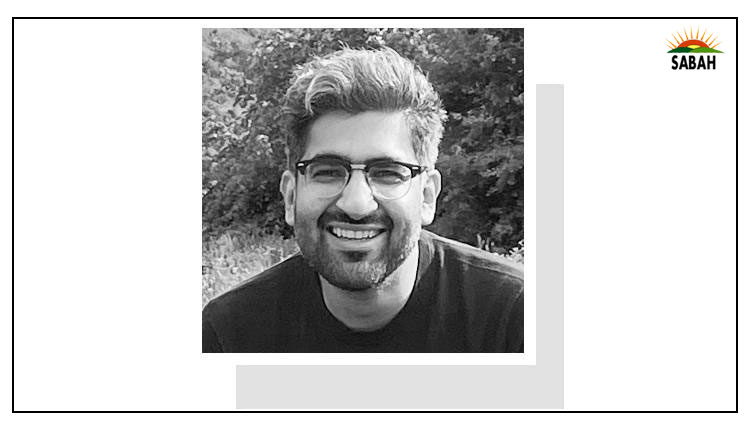Beware of con-artists on social media… Ishtiaq Ali Mehkri
On a lean Friday of March 2024, I was pleased to receive a Facebook message from one of my ex-colleagues in the UAE with whom I had worked for around 14 years. Though Im not a great FB logger, and had lost his UAE phone contact, I gave it my full synergy to facilitate his query for my personal information, as he went on to ask my recent whereabouts. I did not know I was being conned, and it was a potential cyber trap under the guise of a hacked account, coupled with due diligence of Artificial Intelligence.
The swindler asked for my operative WhatsApp number, and I took no time in sending him the same. Now begins the ultimate trap, as to my astonishment he asked me to transfer INC Rs20000 (twenty thousand) into his mentioned Indian account, pleading he had run out of daily transfer limit, and it is a medical exigency.
The hypnotisation had begun, and it had taken me in full trap, as his WhatsApp too carried his genuine profile picture. Little did I ponder over the veracity that he is a petty rich fellow, and why would he ask a Pakistani citizen for monetary help, knowing well that there are no avenues of money transfer across the great divide.
I took the flak, in all sub-consciousness, and went a few extra miles to ask a relative in Dubai to do the same instantly, and in all humility. The deed was accomplished, and I lost my money, my trust with a good-hearted relative, and ultimately my faith in coming to aid those in distress.
This is the finer aspect of cyber criminality these days, and there are tales to register in every nook and corner of the world. Here in Pakistan, we are duly warned of such deceivers by the PTA as a call is logged in, but to the apathy of ingenuity, people are trapped and scammers get their way with the last laugh.
Text-SMS and WhatsApp messages pronouncing that one has won an award, and the recipient must share his phone and bank details to avail the booty are quite common. Likewise, people are being fleeced through easy-money transfer traps in lieu for services that turn out to be nightmares for those busy in making both ends meet.
Perhaps, such malwares are all around in our tech-savvy society as we are obsessed with social media tools, and give the maximum of our lifestyle time to these gadgets, both in solitary and in public, at the cost of quality family interaction. That has taken a toll on our mindset, and we hardly feel bothered to check on the authenticity of the source, and walk down in the dark alleys of cozeners.
To my dismay, what hurts more is that there are no proper legal and retribution forums available to check on such fraudsters. The police look the other way and give a cold shoulder and, likewise, anti-cybercrime forums are too possessive to depict their interest in the day-to-day mishaps of the commoners. Maybe they are full of hands to go after those where they can dig out a better booby-trap!
Same is the case on the international arena, as there are no avenues to make a complaint. In my case, I tried accessing any of the Intelligence Bureau, CBI or cyber-fraud fora in India to register my woes, as the money was sent down to a post office account. I was keenly interested in exposing the culprit, who had taken my decades-long friendship and money for a ride. At the outset these websites were out of reach, probably for the slur of being in Pakistan, and no remedy was found in real-time.
This calls for a regime of awareness, coupled with instant foolproof restorative measures, to check the tendency of cheating. In my nave capacity, I can propose that an antidote be built in with each and every social media account, and personal details be logged with authorities without prejudice.
Courtesy The Express Tribune












